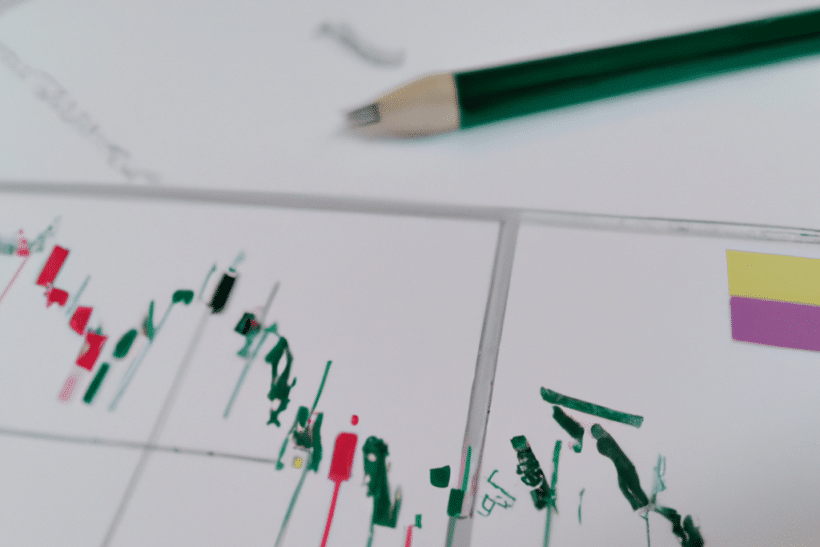What should a beginner trader know?
Forex, or foreign exchange trading, is the buying and selling of currencies on the foreign exchange market. It is a global decentralized market that is open 24 hours a day, five days a week.
As a beginner in forex trading, consider the following:
- Learn the fundamentals of currency pairs and exchange rates: You buy one currency and sell another in forex trading. The exchange rate between two currencies determines the value of a currency pair, which fluctuates based on supply and demand.
- Learn about risk management: Forex trading entails significant risk, and it is critical to understand how to effectively manage that risk. Setting stop-loss orders and using risk-reward ratios to determine the appropriate amount of capital to allocate to a trade are examples of this.
- Select a reputable broker (such as what SirFX offers): It is critical to select a broker who is regulated and has a positive reputation in the industry. Look for a broker who offers low spreads, quick execution, and excellent customer service.
- Recognize the impact of economic events: Economic events such as interest rate decisions by central banks, GDP growth, and inflation can all have a significant impact on currency values. As a trader, you must be aware of economic news and events that may have an impact on the markets.
- Practice with a demo account: Many brokers provide demo accounts that allow you to trade with virtual money before putting real money at risk. This can be a useful tool for developing your trading strategy and increasing your trading confidence.
- Start small and be patient: When you first start out, don’t try to make large trades or take on too much risk. It is critical to learn from your mistakes and gradually improve your skills. Instead of trying to make a quick profit, be patient and focus on consistent, long-term profitability.
Here are a few more things to think about as a beginner in forex trading:
- Create a trading plan: Before you enter a trade, you should have a clear plan in place. This should include your entry and exit points, risk management strategies, and any other pertinent information.
- Learn about various trading strategies: There are numerous approaches to forex trading, and it is critical to find one that fits your personality and risk tolerance. Trend following, range trading, and fundamental analysis are some popular strategies.
- Understand leverage: Leverage allows you to trade with more money than you have in your account, which can increase your profits but also your risk. Understanding how leverage works and using it responsibly are critical.
- Stay informed: The forex market is constantly changing, so it is critical to stay up to date on economic events and market trends. Reading financial news and analysis, or following market experts on social media, may be part of this.
- Don’t let emotions dictate your trades: It’s critical to approach forex trading with a cool head. Don’t let greed or fear influence your trading decisions, and try to maintain a disciplined approach to trading.
Overall, the key to forex trading success is to educate yourself, create a solid trading plan, and practice risk management. As with any type of investing, it is critical to understand the risks and invest only what you can afford to lose.
